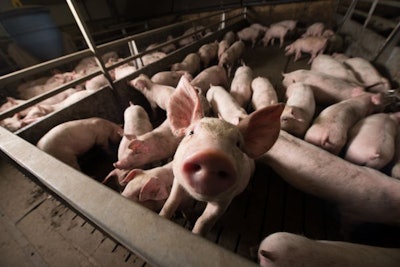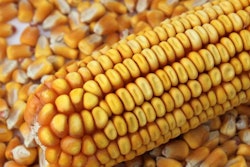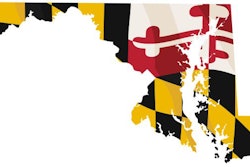
Compromise measure delays until August implementation of a state ballot initiative to prohibit the sale of pork that doesn’t meet certain production standards
Massachusetts Gov. Charlie Baker has signed into law a compromise measure that will delay until August 15, 2022, implementation of a state ballot initiative to prohibit the sale of pork that doesn’t meet certain production standards. The National Pork Producers Council (NPPC) has applauded the move.
Massachusetts’ 2016 Question 3 ballot initiative, which is similar to California’s Proposition 12, will ban the sale of pork from hogs born to sows housed in pens that don’t comply with Massachusetts’ new standards. It applies to any uncooked pork sold in the state, whether it’s produced there or outside its borders. Nearly all pork produced in the United States fails to meet Massachusetts’ standards.
“Question 3, like Prop. 12, lacks any scientific, technical or agricultural basis and only will inflict economic harm on America’s pork producers and even jeopardize the well-being of their animals,” said NPPC President Jen Sorenson in a statement. “We’re grateful the legislature listened to our concerns and delayed implementation of Question 3 so that at least producers in and outside the state can have more time to consider their options and continue to supply pork to Bay Staters.”
In addition to delaying the initiative’s implementation, the compromise measure requires the Massachusetts Department of Agricultural Resources to write rules and regulations for the law, in consultation with the state’s attorney general – who originally was given authority – within six months.
NPPC has pointed out that, like California’s 2018 ballot initiative, Question 3’s supporters claimed it would improve animal welfare and food safety. But the measure’s requirements will have no effect on either and may negatively affect both, according to numerous studies on animal housing.
“Pork producers, with decades of experience using various housing systems, know it’s not the type of housing that affects the health and well-being of pigs but the individual care – the animal husbandry – that’s given to them day in, day out,” Sorenson said. “These ballot measures actually make it harder and more dangerous to practice good animal husbandry.”
NPPC and the American Farm Bureau Federation have petitioned the U.S. Supreme Court to take their case against California’s Proposition 12. The agricultural organizations are challenging the constitutionality of one state imposing regulations that reach outside its borders, arguing that it stifles interstate and international commerce.











